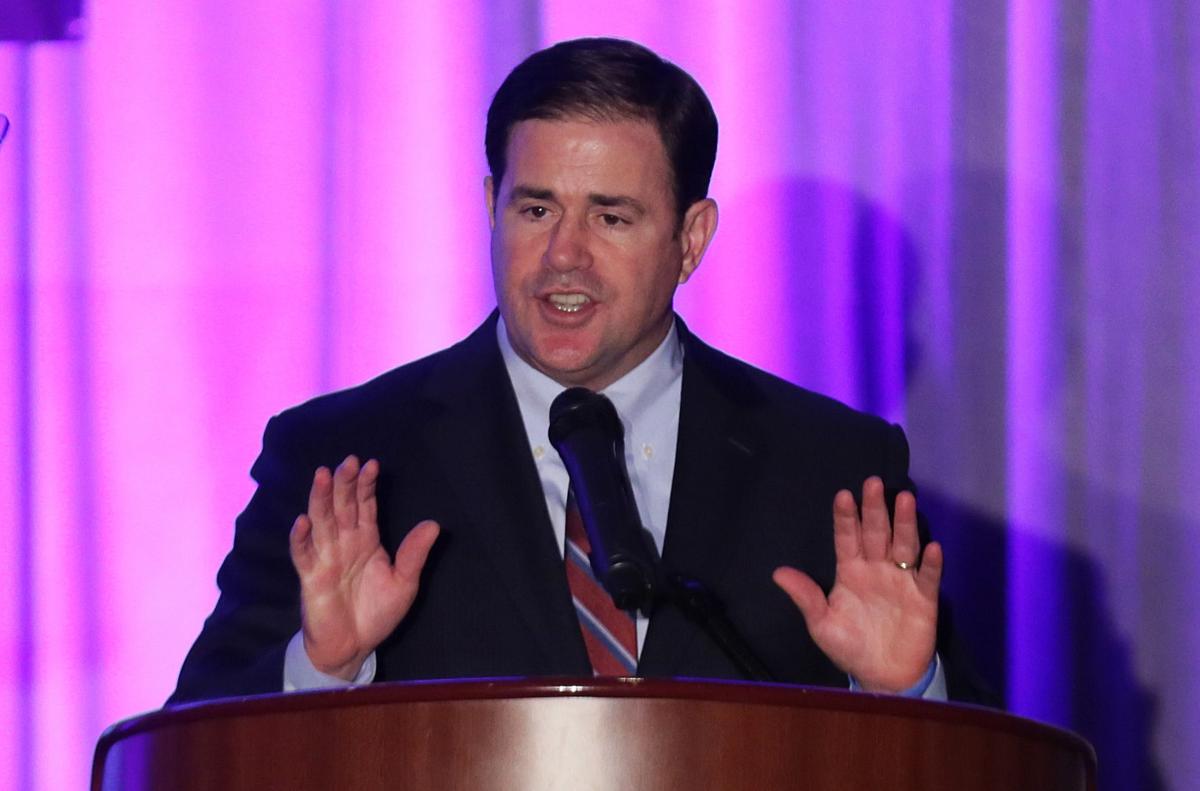PHOENIX — Gov. Doug Ducey vetoed legislation Tuesday that would have allowed some developers to levy their own taxes.
In his fourth veto of the session, the governor said he understands the need for “community facilities districts.” These are existing methods that developers can use to build infrastucture in new subdivisions.
But the governor found problems with provisions that would have allowed developers to demand that cities accede to formation of such districts.
The changes would allow those districts to have their own developer-controlled governing boards, complete with the power to tax homeowners.
“I’m a strong advocate for building our economy, and I know that growth and development are key to that success,” Ducey said in his veto message.
“However, I’m concerned that this bill does not provide needed protections for the taxpayer,” he continued. “These districts, like all of government, need to be accountable, and when the balance of power disproportionately favors any one side, homeowners and businesses are the ones who suffer.”
A spokeswoman for House Speaker David Gowan, R-Sierra Vista, who sponsored the measure, said he was “disappointed.” Stephanie Grisham called HB 2568 “a bill that (Gowan) sincerely believed would help economic development throughout the state, especially in Southern Arizona.”
Gowan will not get another chance to air his proposal: He is leaving the Legislature in a bid for Congress. But Grisham said Gowan wants the next Legislature to take up the issue again “as it is needed to help put Arizonans back to work.”
The law that has existed for nearly three decades sets up a system for developers to work with cities to pay for things like water and sewer lines that would serve the subdivision.
The district then sells tax-exempt bonds that are paid off through a levy on property owners.
But such districts can now be established — and taxes levied — only with permission of the affected city.
Gowan’s bill would have allowed any developer who has at least 600 acres to form a community facilities district no matter whether the city in which it was located wanted it or not.
More significant is that the developer would be able to establish the board that could levy the tax and stack it with its own people.
That drew specific complaints from city officials.
They said elected council members are sensitive to the needs of their constituents and would only impose taxes after giving consideration to the concerns of their constituents — people who could vote them out of office. By contrast, they said an unelected board dominated by people of the developer’s choosing would not have that safeguard.
That lack of balance did not escape Ducey.
“In any future efforts on this issue, I encourage more emphasis on accountability and reforms that ensure protection for both businesses and taxpayers,” he said in his veto message.
Ducey did not mention it in his veto but questions were raised about who would benefit from the legislation and how that affected Gowan’s congressional bid.
Tucson developer Don Diamond, whose firm Diamond Ventures supported the bill, contributed $2,700 to Gowan’s congressional campaign. There was an identical amount from Joan Diamond.
Gowan also got $1,000 from Michael Ingram, president of El Dorado Holdings Inc., which is planning a 12,000-acre development near Benson.





